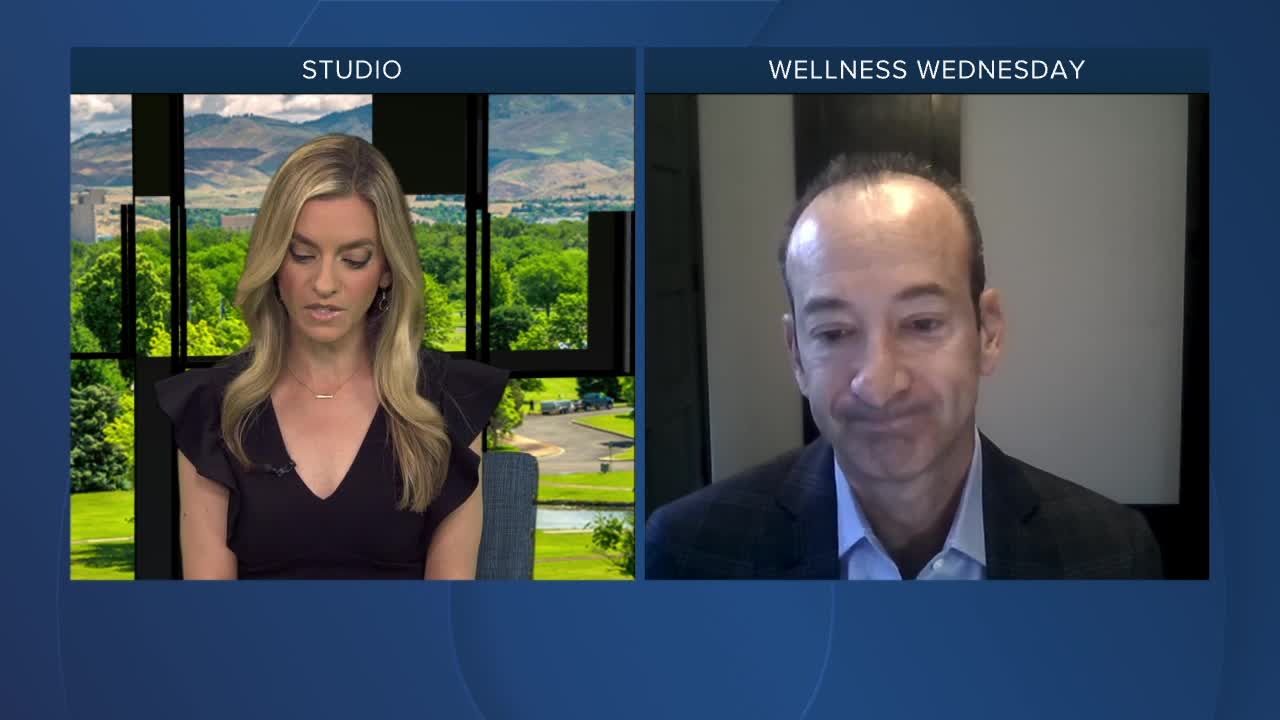For Wellness Wednesday, the topic today is traumatic brain injuries, TBIs, which Regence Executive Medical Director, Dr. Daniel Meltzer, explains why anyone can experience such an injury. Data shows that children & adults, 65 & older, are at greater risk.
Many TBIs include concussions which are preventable.
Dr. Daniel Meltzer says there are levels of head injuries which are:
- Mild: symptoms lasting a few seconds
- Moderate: having headaches
- Severe: long term symptoms
Here’s some things that can lower the risk of traumatic brain injuries for kids which include:
- Always use age & size-appropriate car seats & booster seats that are properly installed
- Use gates at the top & bottom of stairs to prevent serious falls in infants/toddlers
- Use only playgrounds with soft material under them like mulch or sand, not grass or dirt
- Make sure your child always wears the right helmet for their activity and that it fits correctly
- Wearing a helmet is a must to help reduce the risk of a serious brain injury or skull fracture
- If under the age of 3, make sure to examine them from time to time, check their scalps for signs of injury such as bruising or swelling and if they are behaving differently, contact your healthcare provider
Also, Dr. Meltzer recommends these things for older adults to lower their risk of TBIs which include:
- Do strength & balance exercises
- Have your eyes checked at least once a year & be sure to update your eyeglasses if needed
- Get rid of things you could trip over at home
- Add grab bars inside & outside your tub or shower & next to the toilet
- Use non-slip mats in the bathtub & on shower floors
- Put railings on both sides of the stairs
- Make sure your home has lots of light
- Keep items you use often in cabinets you can reach easily
- Talk to your doctor – ask your healthcare provider to evaluate your risk for falling
- Ask your doctor or pharmacist to review your medicines to see if any might make you dizzy/sleepy
- Be particularly careful if you are taking medications that increase the risk of bleeding as they can lead to more severe brain injuries in the event of a fall
- Make sure your family is aware of these medications
For more information click here for the CDC’s information on traumatic brain injury & concussion & click here for the Mayo Clinic’s traumatic brain injury information.




